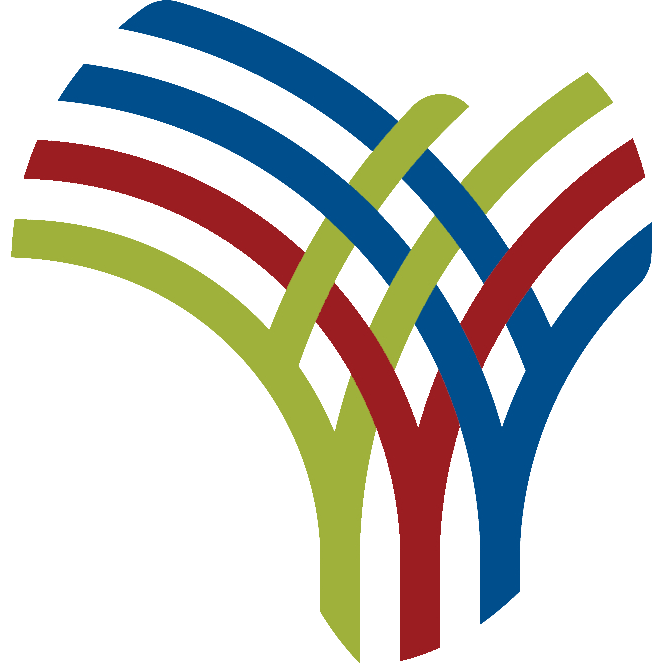

Dr Gitahi,
Dr Nkengasong,
Dr Moeti,
Ms Merab,
Distinguished guests, my dear brothers and sisters,
I would like to thank the AHAIC 2021 Coordinating Committee and Amref Health Africa for this great honour.
I accept it with a mixture of pride and humility, not only on my own behalf but on behalf of all my colleagues at WHO, who work every day, sometimes in difficult and dangerous situations, to protect and promote the health of the world’s people.
Tomorrow marks one year since I said the spread of COVID-19 could be described as a pandemic.
But ever since the first cases were reported from Wuhan on New Year’s Eve 2019, WHO worked day and night to warn the world and to give countries the strategies, guidance and tools they needed to prepare for, prevent, detect and respond to the spread of this new virus.
And on the 30th of January last year, I declared a public health emergency of international concern over the spread of the novel coronavirus – the highest level of alarm under international law.
At the time, outside China there were less than 100 cases of COVID-19 and no deaths.
One of the things we still need to understand is why some countries acted on that warning, while others were slower to react.
Our motto in the past year has been science, solutions and solidarity.
We have given countries the solutions they need by sending hundreds of millions of essential medical products all over the world, and we have provided free online training in 50 languages.
And we have worked day and night to foster solidarity.
The pandemic has taught us that for everything that makes us different, we are one humanity.
We all share the same DNA, the same planet and the same hopes, dreams and fears.
COVID-19 thrives on division, but united we can defeat it.
Ultimately, history will judge us not by how we ended the pandemic, but by what we learned, what we changed, and the world we left our children.
Thank you once again for this great honour.
Article first published on https://allafrica.com/stories/202103160193.html
Achuman Emoni stretches her hands, illustrating the vast distance she has travelled to reach the…
During a session held at Africa Health Agenda International Conference in Kigali, Rwanda, on 4th…
Amref Health Africa, in collaboration with the Turkana County Department of Health Services, introduced the…
Amref Health Africa, in collaboration with the Turkana County Department of Health Services, introduced the…
Over the past six years, Amref Health Africa has positioned itself as a leading voice…
Africa has made significant strides in advocating for health research and development, yet gaps in…